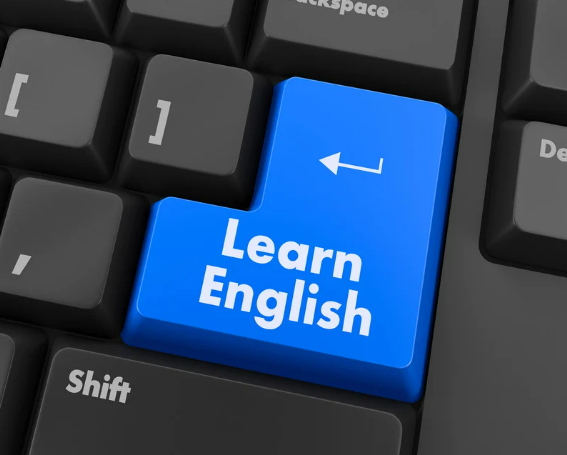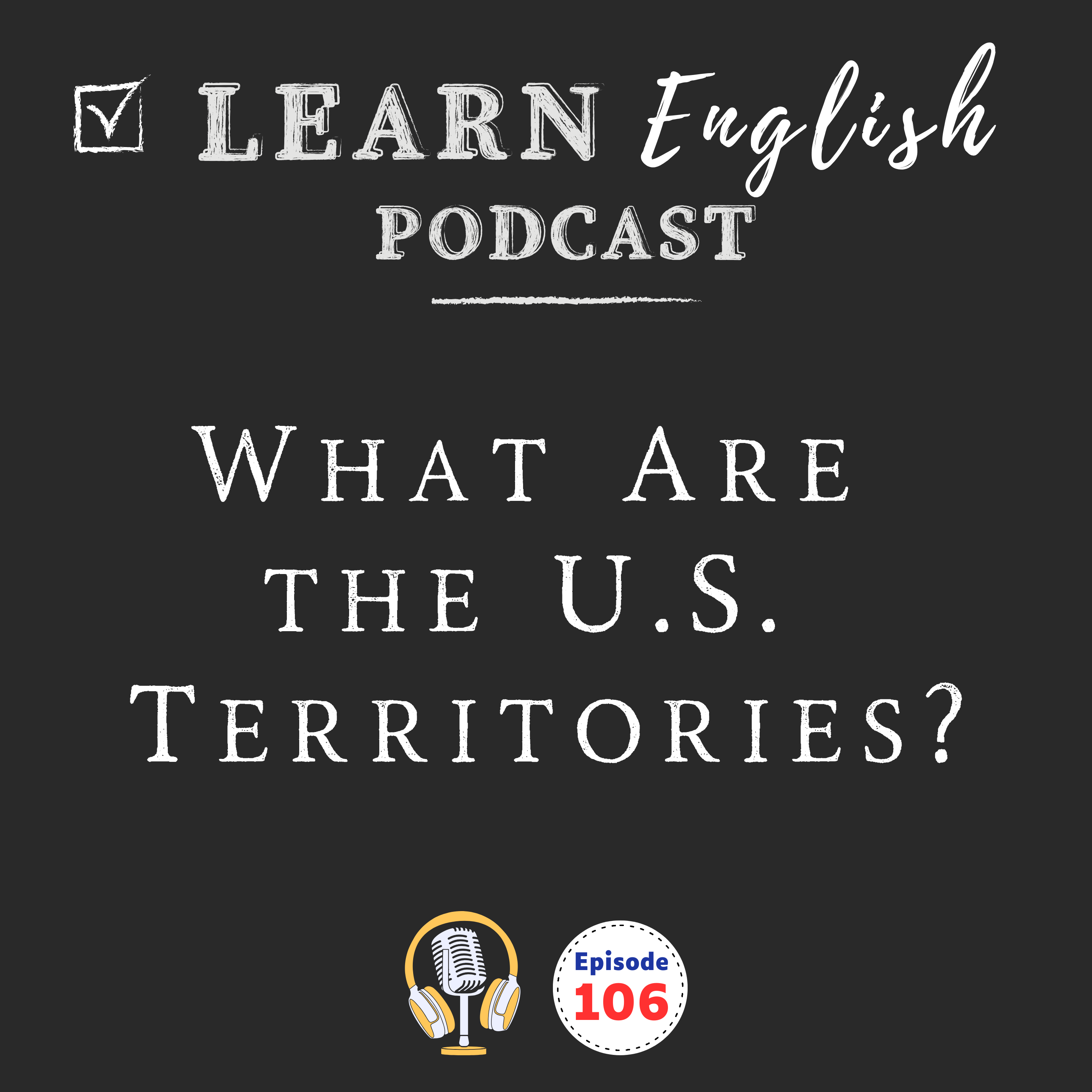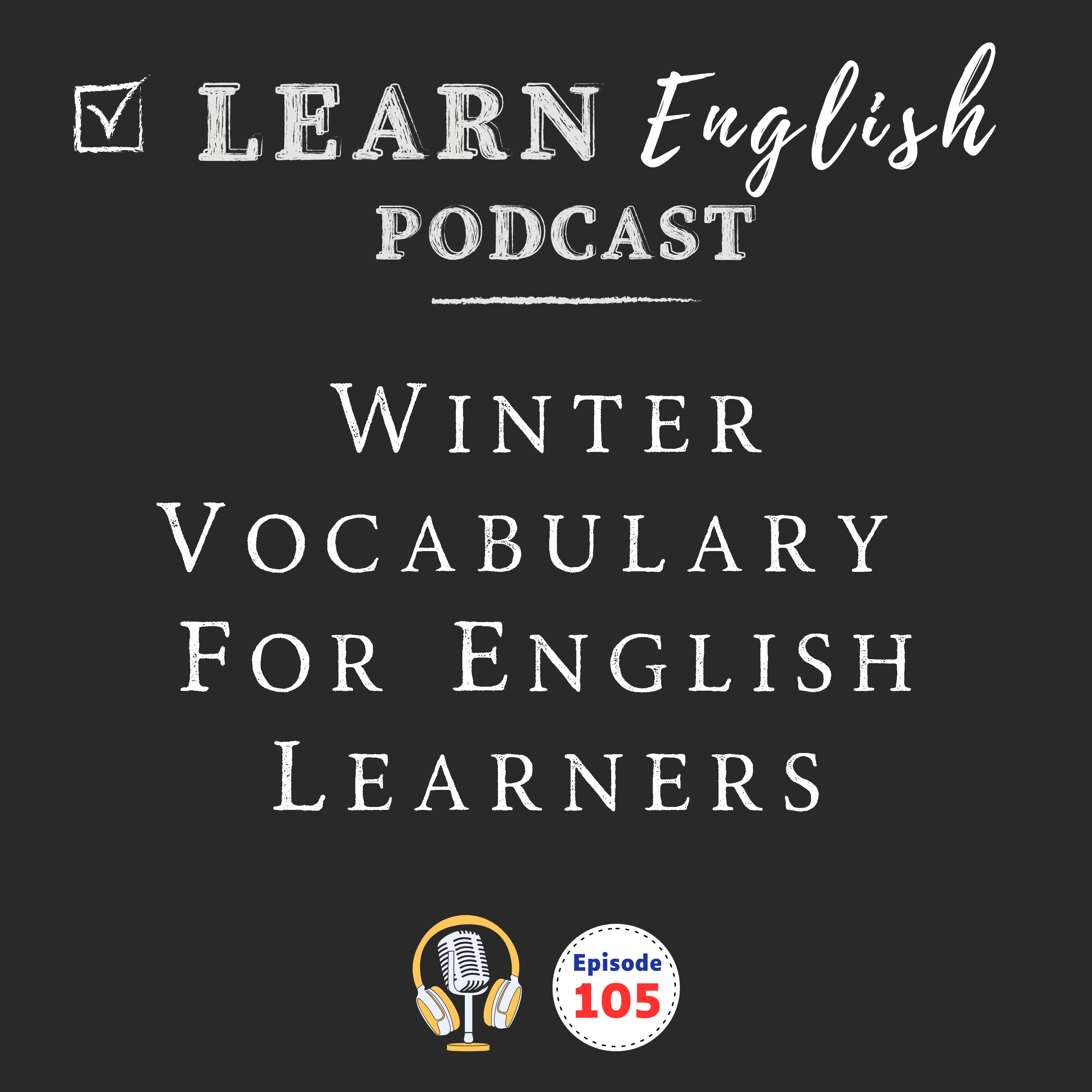Learn English Podcast
The Learn English Podcast helps B2 English learners improve listening, vocabulary, and confidence through engaging, story-based episodes about American culture, world events, and fascinating true stories.
LISTEN & SUBSCRIBE ON:
LATEST EPISODE➷
💌 Dating vocabulary changes quickly, and native speakers often use slang that never appears in English classes. This episode explains modern American English dating terms such as talking stage, situationship, no labels, exclusive, and catfish with simple explanations and cultural context.
Ideal for B1–B2 English learners who want listening practice and real-life vocabulary. By the end of the episode, listeners will better understand modern dating conversations, social media language, and relationship terms used in the United States.
🔔 Follow us on social media @LearnEnglishPod and visit our website:
Podcast website: https://learnenglishpod.com/
Follow us on social Media: https://linktr.ee/learnenglishpod
Take lessons with me: https://www.italki.com/en/teacher/8531387
📚Affiliate link for italki: https://www.italki.com/en/i/ref/GBBdbb
Affiliate link for Lingq: https://www.lingq.com/?referral=msusc
📝 Vocabulary list:
1) talking stage: the early phase of dating when people communicate but are not officially a couple
2) situationship: a romantic connection without a clear or defined relationship
3) slide into someone’s DMs: to send a private social media message to show romantic interest
4) thirsty: trying too hard to get romantic or sexual attention
5) thirst trap: an attractive photo posted online to get attention or messages
6) blind date: a date with someone you have never met before
7) set someone up: to arrange a date between two people
8) catfish: a person who lies about their identity or appearance online
9) seeing someone: dating someone, usually in the early stage
10) no labels: dating without calling each other boyfriend or girlfriend
11) open relationship: a relationship where both people agree to date others
12) exclusive: dating only one person
13) soft launch: subtly hinting at a relationship on social media
14) hard launch: publicly announcing a relationship online

The Podcast
Welcome English Learners!
If you’re tired of boring English lessons, you’re in the right place.
The Learn English Podcast helps B2 learners improve listening, vocabulary, and confidence through real stories about culture, history, and everyday life. Each episode gives you English that is natural, understandable, and meaningful—so you learn without stress or confusion.
Here, you won’t memorize lists or repeat unnatural sentences. You’ll hear real English in context, spoken the way people use it in the real world. Bit by bit, your brain starts connecting words, expressions, and meaning automatically. If you want English that feels real—not like homework—join us and start learning through stories you’ll actually enjoy.
The Learn English Podcast

EPISODES
LATEST EPISODES
💌 Dating vocabulary changes quickly, and native speakers often use slang that never appears in English classes. This episode explains modern American English dating terms such as talking stage, situationship, no labels, exclusive, and catfish with simple explanations and cultural context.
Ideal for B1–B2 English learners who want listening practice and real-life vocabulary. By the end of the episode, listeners will better understand modern dating conversations, social media language, and relationship terms used in the United States.
🔔 Follow us on social media @LearnEnglishPod and visit our website:
Podcast website: https://learnenglishpod.com/
Follow us on social Media: https://linktr.ee/learnenglishpod
Take lessons with me: https://www.italki.com/en/teacher/8531387
📚Affiliate link for italki: https://www.italki.com/en/i/ref/GBBdbb
Affiliate link for Lingq: https://www.lingq.com/?referral=msusc
📝 Vocabulary list:
1) talking stage: the early phase of dating when people communicate but are not officially a couple
2) situationship: a romantic connection without a clear or defined relationship
3) slide into someone’s DMs: to send a private social media message to show romantic interest
4) thirsty: trying too hard to get romantic or sexual attention
5) thirst trap: an attractive photo posted online to get attention or messages
6) blind date: a date with someone you have never met before
7) set someone up: to arrange a date between two people
8) catfish: a person who lies about their identity or appearance online
9) seeing someone: dating someone, usually in the early stage
10) no labels: dating without calling each other boyfriend or girlfriend
11) open relationship: a relationship where both people agree to date others
12) exclusive: dating only one person
13) soft launch: subtly hinting at a relationship on social media
14) hard launch: publicly announcing a relationship online




